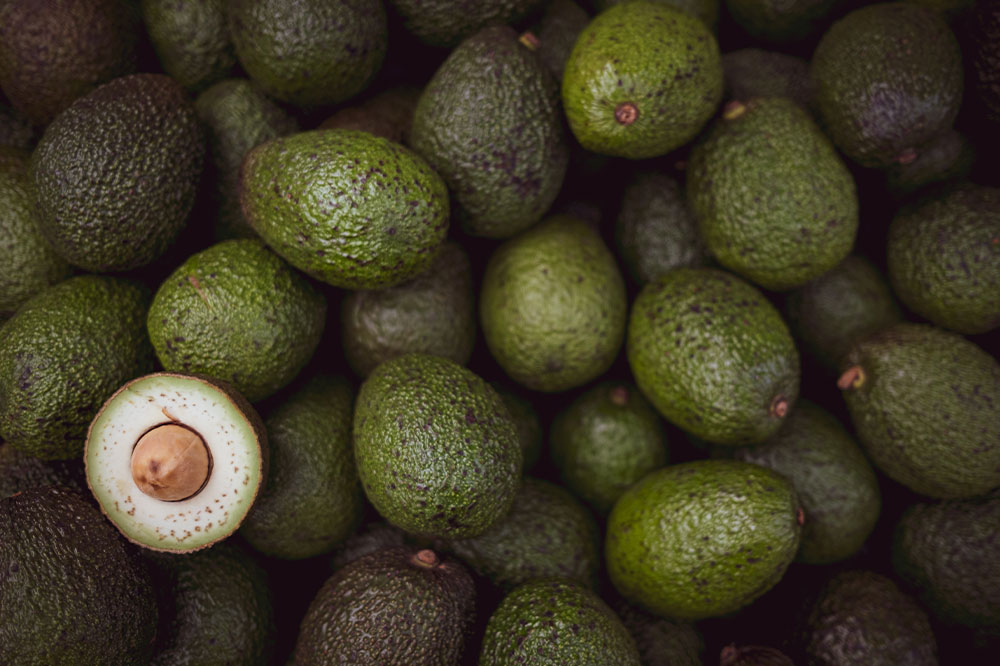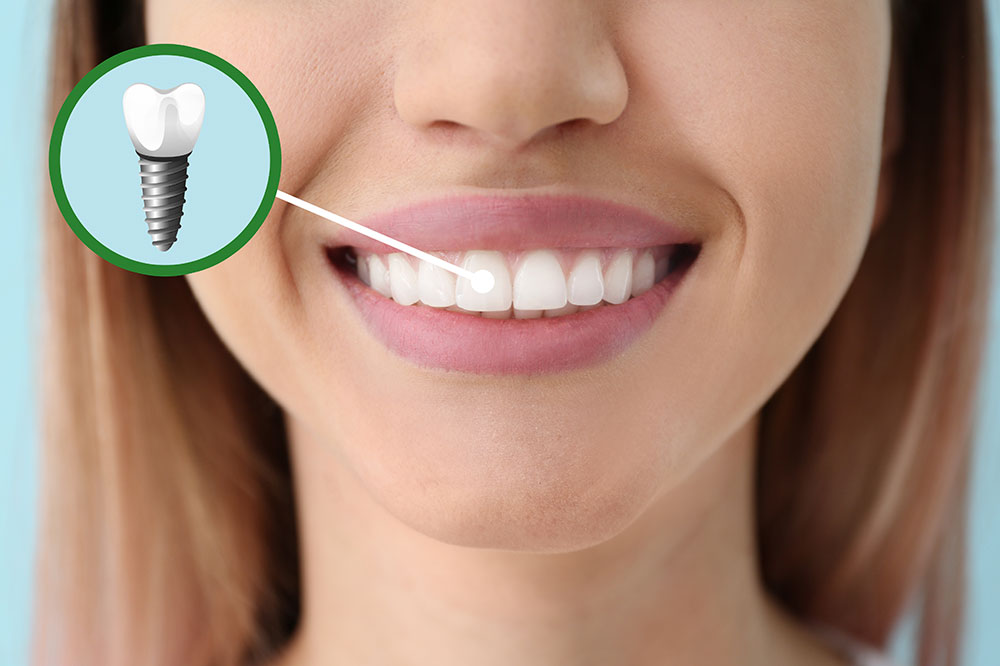12 Best Foods to Help Improve Dry Skin

Our skin could turn dry due to several factors, including genetics, environmental elements, and age. The condition can make the skin itchy, flaky, scaly, or rough. Healthcare experts may suggest several methods to tackle dry skin, including lifestyle changes. One of them may require eating nutritious foods to improve skin quality. Therefore, here are nine foods that one should add to their meals to combat dry skin, reduce itchiness, and improve the overall skin texture.
Beef liver
Introducing beef liver to meal plans could help moisturize the skin. The liver contains vitamin A, retinoids, and carotenoids that could activate specific pathways in the body that may directly affect the skin. Furthermore, the vitamin may also help repair UV-damaged skin and reduce psoriasis’s effects. However, one should speak to an expert about how much beef liver to consume daily, as too much vitamin A may result in complications.
Sweet red pepper
To get a healthy amount of vitamin C, experts recommend adding sweet red peppers to meals. Half a cup of pepper contains about 106% of the Daily Value (DV) of nutrition required by individuals. The vitamin could help combat dry skin by increasing its moisture content. Vitamin C is also known to protect the skin against harmful UV rays. It may also help curb age-related skin conditions, including pigmentation, wrinkles, and tougher skin, and boost collagen production.
Kiwifruit
Eating a medium-sized kiwi a day could enrich the body with up to 71% of the DV of vitamin C. So apart from its hydration benefits and protective functions, receiving sufficient amounts of these vitamins could also curb and improve the rate at which wounds heal and improve iron absorption.
Cod liver oil
Experts usually recommend cod liver oil to fight the effects of dry skin because of its vitamin D content. Various types of this vitamin in the oil may benefit an individual with deteriorated skin. Vitamin D3 may help inhibit keratinocytes and prevent the development of dry skin conditions like psoriasis. Vitamin D could also help reduce inflammation, fight UV rays’ effects, and heal wounds faster. One could consume fish oil in supplement form to gain maximum benefits.
Sunflower seeds
Eating sunflower seeds has been shown to help one improve vitamin E content in the body, which could help fight the effects of dry skin. An ounce of dry-roasted sunflower seeds could enrich the body with about 49% of the required Daily Value. Furthermore, as vitamin E is an antioxidant, it could aid in fighting the harmful effects of UV damage, such as pigmentation and dry skin. An individual could also combine foods rich in vitamins E and C to curb the rate of inflammation and flushing of the skin.
Oysters
Several people may find improvements in skin texture when they include oysters in their meal regimes. The seafood is rich in zinc, an essential element that helps protect the skin from UV damage. Furthermore, the property is also known to restrict the amount of radiation that permeates the skin, which could prevent the skin from drying out. Since it also has antibacterial properties, it could reduce acne in some individuals.
Coconut
While there are several benefits to applying the oil of coconut topically, eating the fruit may also benefit the skin. Coconuts are rich in antibacterial properties and healthy fats. And consuming the fruit or drinking its water could reduce and control acne flare-ups. Eating coconut fruit may also help keep the skin moisturized, essential for someone prone to dry skin that might be linked to eczema or psoriasis.
Turmeric
The spice has been used as a natural remedy to treat ailments for centuries and can also tackle skin complications such as dryness. Turmeric contains a compound called curcumin, which has a high concentration of anti-inflammatory properties. Introducing the compound to the body could help fight the effects of psoriasis and dermatitis. One could even apply turmeric powder or its paste to acne-prone skin. The spice is rich in antibiotic properties that could reduce the spread of the development.
Yellowfin tuna
When an individual eats three ounces of cooked yellowfin tuna, it could enrich the body with about 92 micrograms of selenium, which is about 167% of the DV. The property is known to protect the skin from the damaging effects of UV rays by enhancing the activity of enzymes in the skin. Furthermore, those who eat yellowfin tuna may also benefit from higher glutathione peroxidase levels, which could reduce the symptoms of health conditions like psoriasis.
Avocados
The avocado fruit is one of the healthiest sources of omega-3, the lack of which could result in dry, scaly skin and dermatitis. Someone who consumes foods like avocados may find a reduction in itching caused by dry skin and improved hydration. Furthermore, avocado oil contains lecithin, potassium, vitamin E, and other nutrients that could contribute to skin nourishment and moisturization. Individuals who apply avocado oil to their skin may also benefit from its antioxidative effects, which may help heal dry, flaky, and irritated skin associated with psoriasis and eczema.
Green tea
Drinking a cup or two of green tea daily may improve collagen and elastin fiber content in the skin. The drink could also help reduce oxidative stress. Therefore, drinking green tea could help render moisturized and smooth skin.
Oatmeal
Oatmeal is one of the healthiest breakfast cereals to improve skin health. Oatmeal is rich in antioxidants, minerals, vitamins, and fibers. So among its many benefits, the fiber content helps prevent the development of dead skin cells and reduces redness. Moreover, eating oatmeal could also help one feel full for longer. This could help avoid eating unhealthy foods rich in sweets or preservatives usually associated with dry skin and breakouts.






